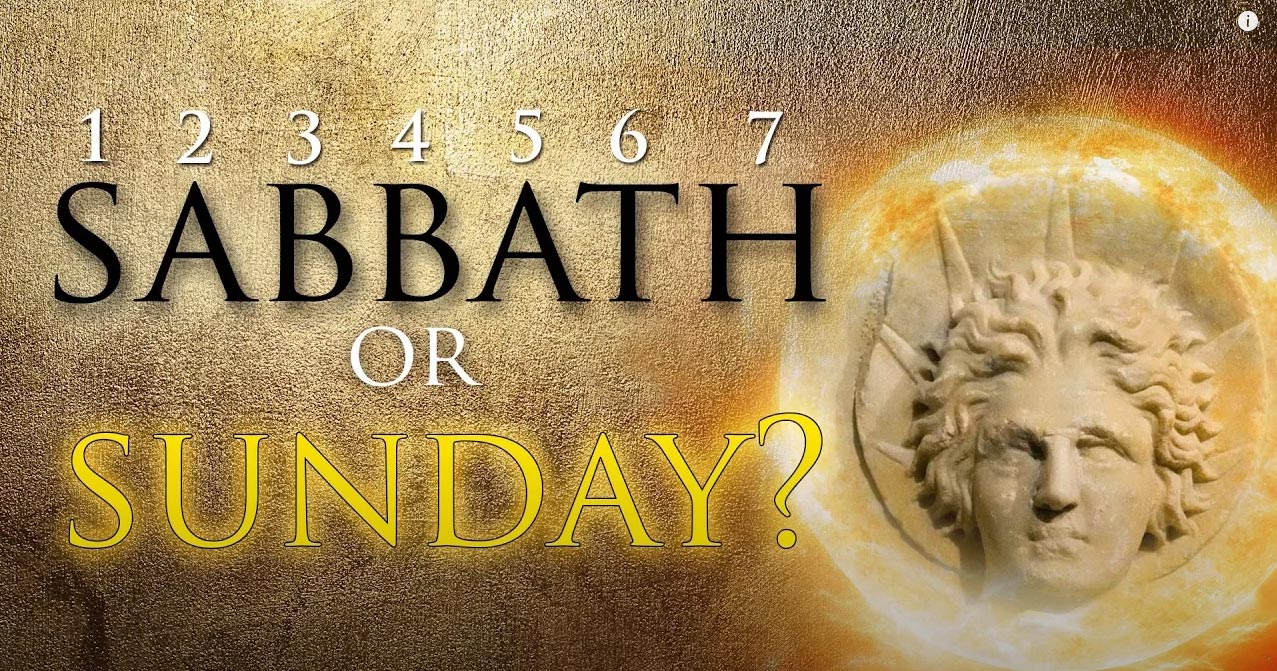A great answer from Author: David Wilber
Roughly 2.18 billion people around the world profess to be Christian. No matter what their denomination might be, most of them value the Ten Commandments to some degree. In fact, in America, whenever some organization like the ACLU threatens to remove a monument of the Ten Commandments from public property, you can expect Christians to gather by the hundreds to protest. Yet the majority of those same Christians don’t consider the fourth commandment—the Sabbath—to be particularly important or relevant for today.
Why do you suppose the majority of today’s Christians don’t keep the Sabbath the way the Bible says to keep it? Does God care about whether we keep it? Was it given only to a specific group of people before the time of Christ? Was the Sabbath changed or taken to a “spiritual” level, replacing the literal application of the commandment? This article will take a closer look at this important topic. We’ll discover what the Bible—our final authority on all matters of faith and practice—truly says about the Sabbath and how it applies to us today.
Does God Care?
The first question we need to answer is, Does God care about the Sabbath? This question should be simple enough to answer. He cared enough about the Sabbath to command His people to keep it. Indeed, keeping the Sabbath was so serious in theocratic Israel that the Torah required capital punishment of anyone who broke it (Exodus 31:14-15). And the constant breaking of the Sabbath is explicitly mentioned as one of the reasons God judged Israel throughout the twentieth chapter of Ezekiel. When one takes an honest look at the scriptures concerning this topic, it’s clear that God cares—or at least He did at one time.
Did something change? Yes … but it wasn’t God’s Word. Yeshua (Jesus) affirmed the validity of the Sabbath in Matthew 5:17-20 when He said that not one jot or tittle will pass from the Torah until heaven and earth pass away and all is accomplished. (Note: that hasn’t happened yet.) Furthermore, the original Christians continued to do and teach the commands of the Torah throughout the New Testament—including the Sabbath (Acts 13:14, 42, 44; 16:13; 17:1-2; 18:4; Romans 3:31). And Paul said that “all Scripture” is profitable for teaching, reproof, correction, and training in righteousness (2 Timothy 3:16). Certainly “all Scripture” includes the command to rest on the Sabbath day.
So what did change?
In the early second century, the practice of many Christians with regard to the Sabbath had begun to change. Many Christians began to put aside Sabbath observance in favor of Sunday observance. (It should be noted that not all Christians throughout history accepted this change. For instance, among other Christian groups, the Nazarenes continued to observe the Sabbath on the seventh day.) Several factors, including a growing anti-Jewish sentiment among Christians, played into this gradual shift from Sabbath to Sunday. While a faithful minority of Christians continued to keep the Sabbath—many observing both the seventh day as the Sabbath and the first day (Sunday) as the “Lord’s Day”—the majority of Christians had abandoned a literal observance of this commandment. It was after Constantine’s edict in 321 AD, declaring Sunday the official day of rest of the Roman Empire, that Sunday started to become widely recognized as the “Christian sabbath.”
In more recent history, the church has drastically departed from historic Christianity in terms of how it values some of the commandments of God. Much of the current church tradition teaches that Christians are not required to keep the fourth commandment at all—at least not in any literal sense. But is there a biblical basis for these teachings?
Below we will explore some of the common objections that many Christians have to rest on the seventh-day Sabbath.
